Tēnā koutou,
Aotearoa has elected the most right-wing, racist government it has seen in decades. The new coalition government is set to launch fresh attacks on tangata whenua, working people, disabled people and our LGBTQI+ communities.
This might be a victory for the right, but it is equally a failure of the left. Despite winning an absolute majority in 2020, the Labour government failed to make meaningful inroads into addressing the major crises facing this country in housing, inequality, and public services.
A sense of economic and social malaise is now widespread, providing fertile ground for the right to capitalise on its newfound parliamentary power. By contrast, the New Zealand left remains historically weak and disorganised.
Out of concern for the current political situation, ESRA has made the decision to regroup and consider how best to enact our kaupapa going forward.
It is clear to us that this critical moment requires a strong and coordinated response.
If you are interested in a radical kaupapa that offers a critical analysis of our times, supports building networks of activists and critical thinkers, and celebrates real alternatives to capitalism and colonialism, then please sign up for our mailing list below
While we regroup and consider the best way forward, we have decided to discontinue our website. We have a plan for making our previous research available, which we will be announcing soon.
In the meantime, keep an eye on your inbox for updates.
Ngā manaakitanga,
Waiho i te toipoto, kaua i te toiroa!
ESRA collective
P.S – If you are looking for a copy of Catherine Comyn’s The Financial Colonisation of Aotearoa, please try your local bookstore. If they don’t have it, they can order a copy through our distributor Expensive Hobby. ESRA supports Aotearoa’s independent press community and encourages you to do so too. If you are unable to access ESRA publications through a bookstore for any reason, please email contact@esra.nz to arrange one to be sent from us.

